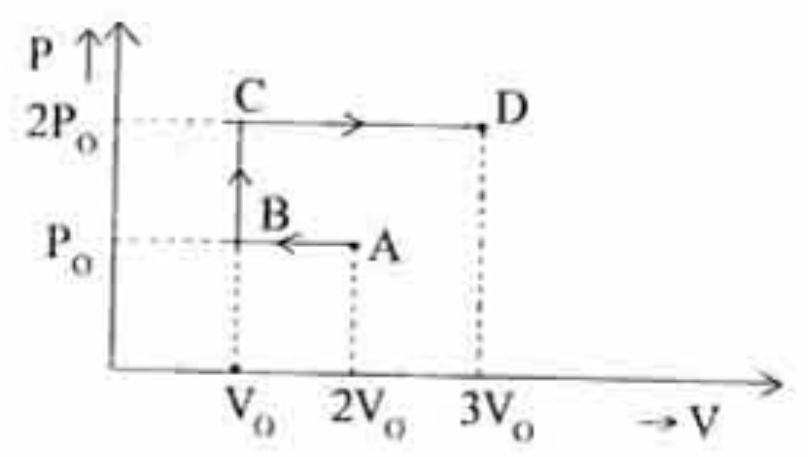The work done by a weightless piston in causing an expansing ΔV (at constant temperature), when the opposing pressure P is variable, is given by :
W=−∫PΔV
W=0
W=−PΔV
None
The correct Answer is:A
Wrev=∫PdVor∫PΔV : Note that opposing pressure is not constant throughout.
Topper's Solved these Questions
- Chemical Thermodynamics & EnergeticsBook:NIKITA PUBLICATIONChapter:Chemical Thermodynamics & EnergeticsExercise:QUESTION FROM COMPETITIVE EXAM
Explore 35 Videos
- CHEMICAL KINETICS Book:NIKITA PUBLICATIONChapter:CHEMICAL KINETICS Exercise:MCQs
Explore 351 Videos
- CHEMISTRY IN EVERYDAY LIFE Book:NIKITA PUBLICATIONChapter:CHEMISTRY IN EVERYDAY LIFE Exercise:MCQs
Explore 224 Videos
Similar Questions
Knowledge Check
The work done by a system in an expansion against a constant external pressure is
AΔP⋅ΔVB−P⋅ΔVCV⋅ΔPDqGraph between speed v of sound in air and pressure P at a constant temperature is given by
A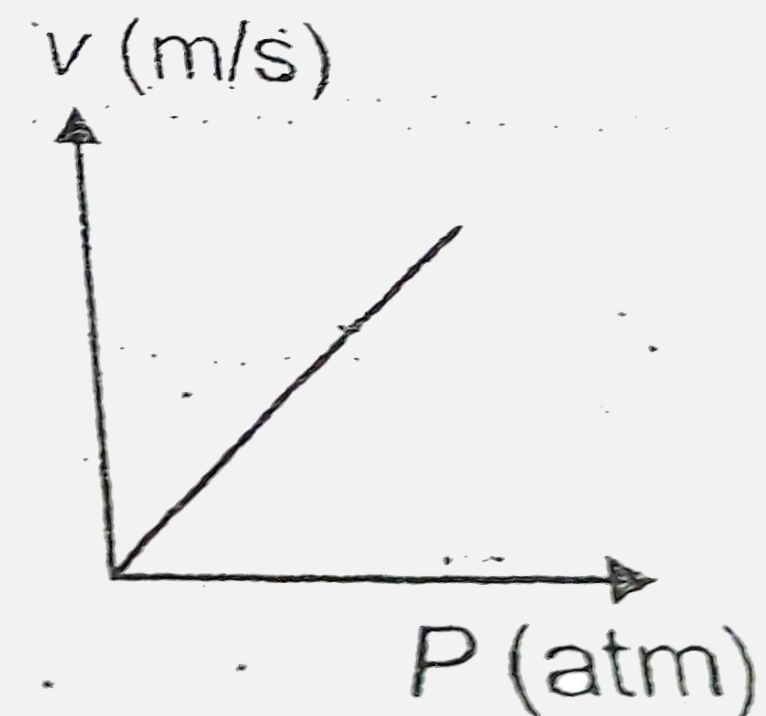 B
B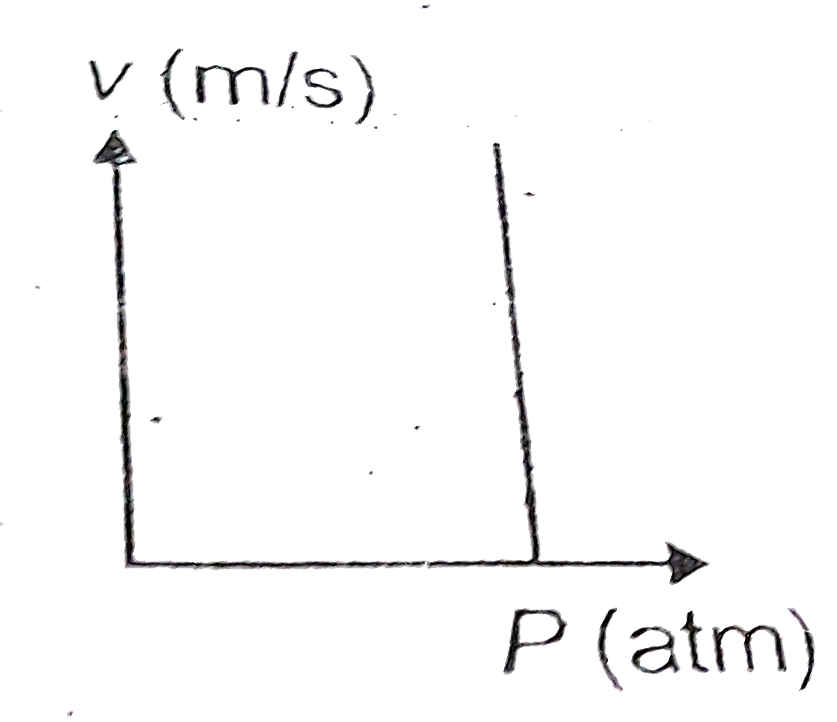 C
C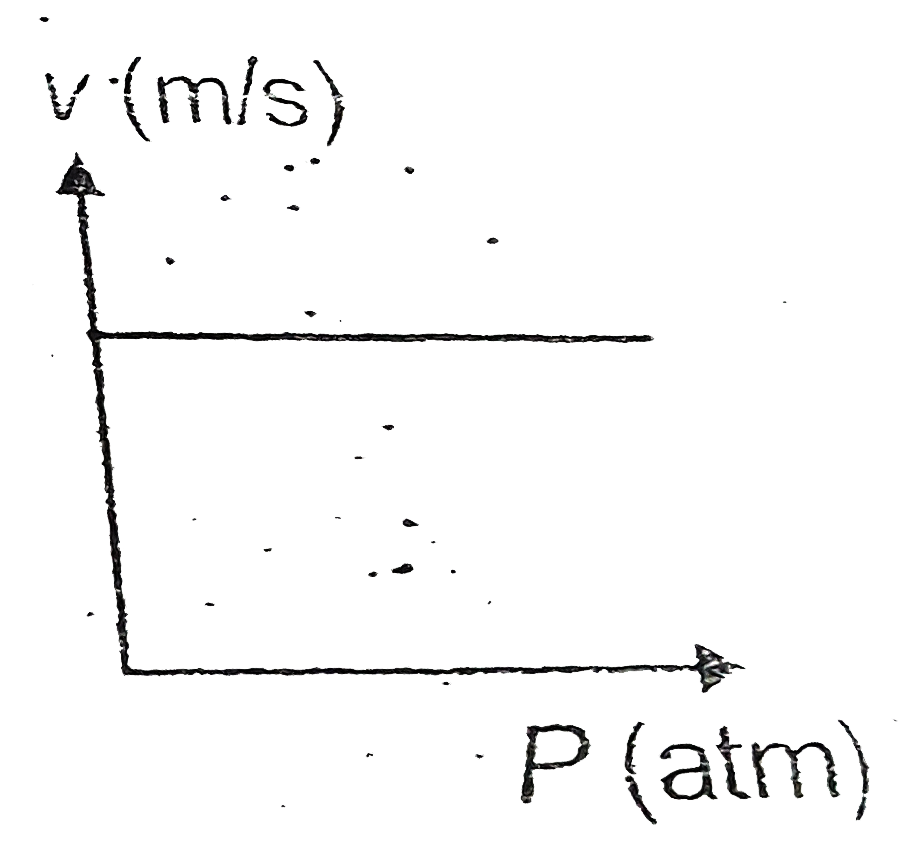 D
D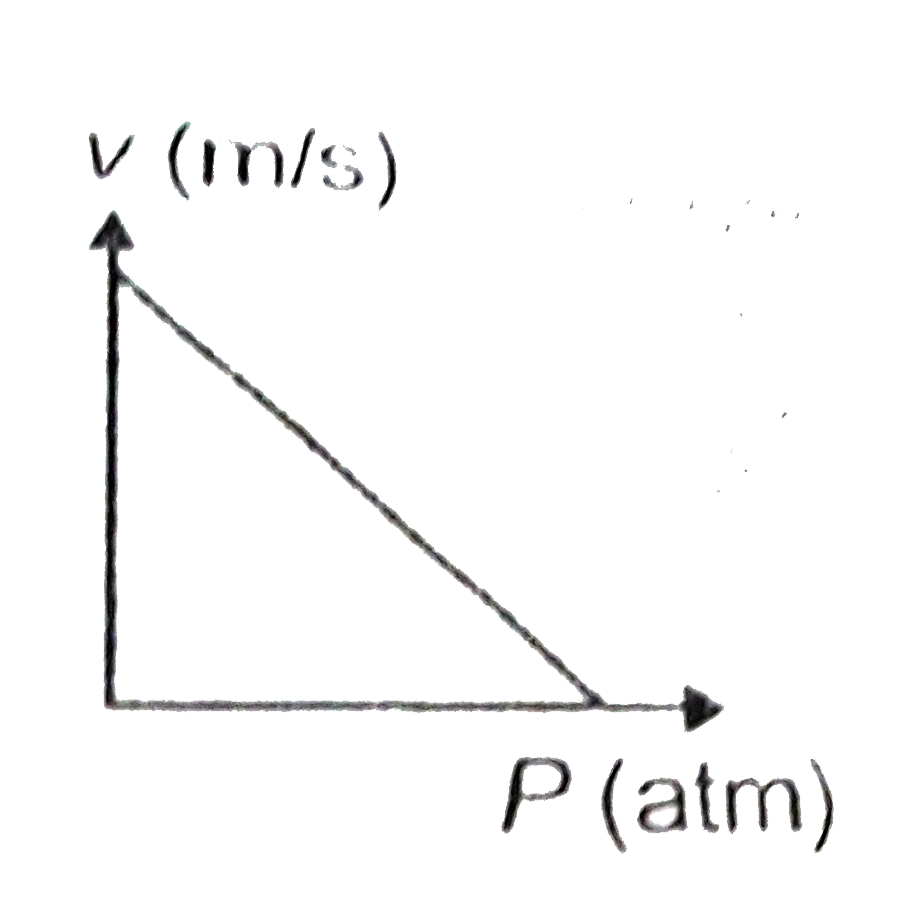
Work done during expansion of an ideal gas against constant opposing pressure is given by
AW=2.303 RT log V2V1BW=2.303 RT log V1V2CW=−P(V2−V1)DW=0
For a given mass of a gas at constant temperature,if the volume,'V' becomes three times then pressure P will become
View SolutionThe initial state of a certain gas is (pi,Vi,Ti). It undergoes explansion till its volume becomes Vf. Consider the following two cases
(a) the expansion takes place at constant temperature.
(b) the expansion takes place at constant pressure.
Plot the p−V diagram for each case. In which of the two cases, is the work done by the gas more ?
View Solution" For a given mass of a gas at constant temperature,if the volume "V" ' becomes three times then pressure 'P' will become "
View SolutionWork done in reversible isothermal expansion is given by
View SolutionFor a given mass of a gas at constant temperature, if the volume V becomes three times, then the pressure (p) will become :
View Solution
